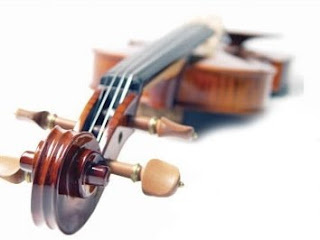Jean Bodin,
Les six livres de la République, l. VI, Paris, 1577, pp. 1059-1102 [accessible on googlebooks].
H. Patrick Glenn,
Legal Traditions of the World, ch. 1:
A Theory of Tradition? The Changing Presence of the Past, Oxford University Press, 2007 (2000) [accessible on google books].
H.E Stapleton and G. J. W.,
Ancient and Modern Aspects of Pythagoreanism, in “Osiris”, 13 (1958), pp. 12-53. [jstor].
Nikolaus Harnoncourt,
Baroque Music Today: Music as Speech. Ways to a new Understanding of Music, Amadeus Press, 1988, pp. 39-49.
Richard Boursy,
Review of: Palestrina and the German Romantic Imagination: Interpreting Historicism in Nineteenth-Century Music by James Garrat, in “Notes” (2nd series), 60.3 (2004), pp. 666-668 [jstor].



